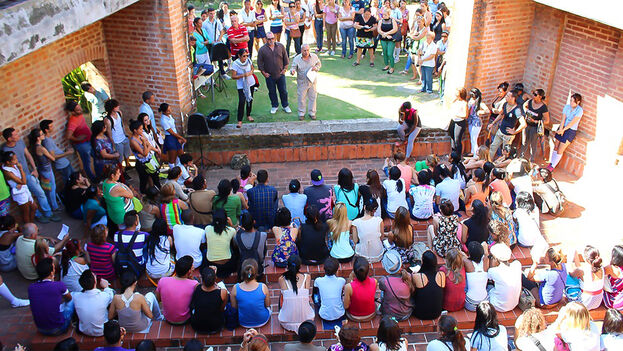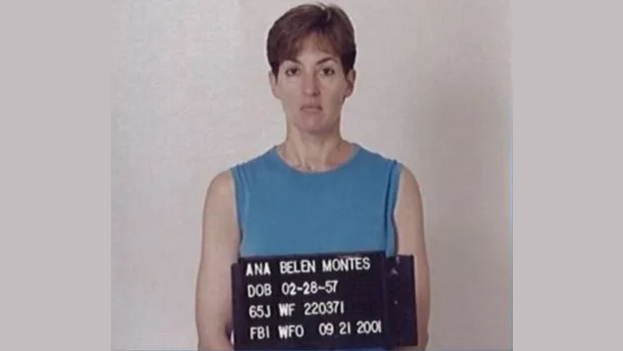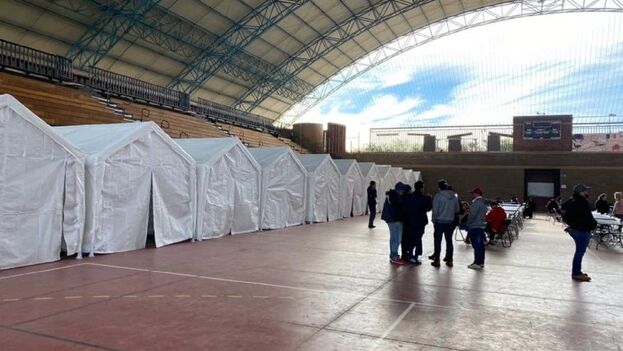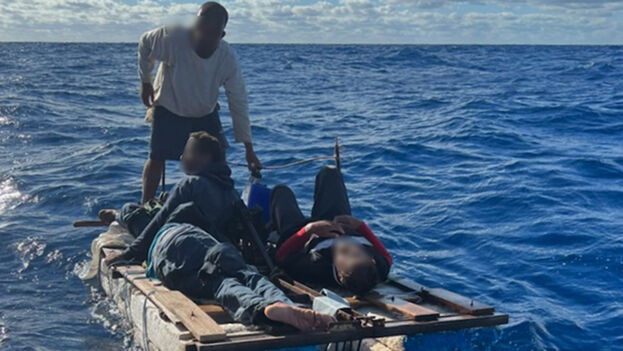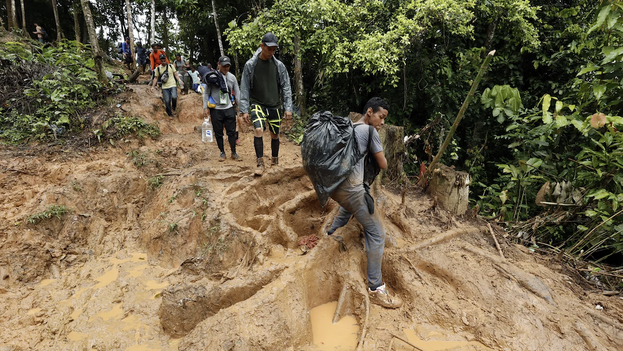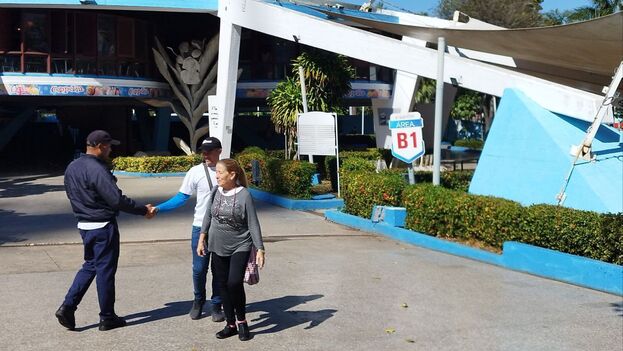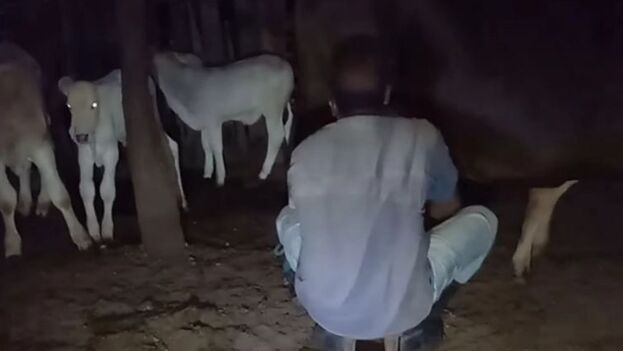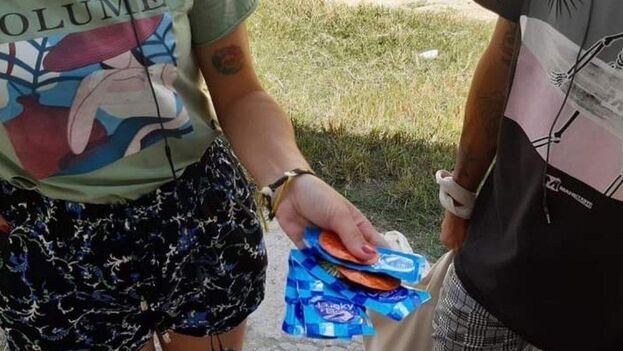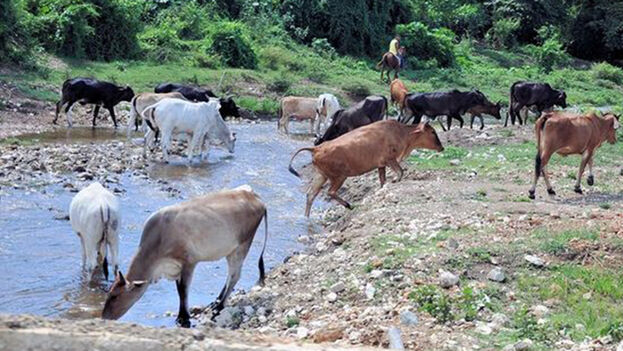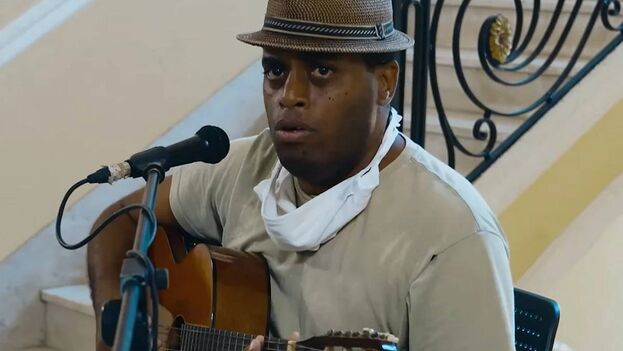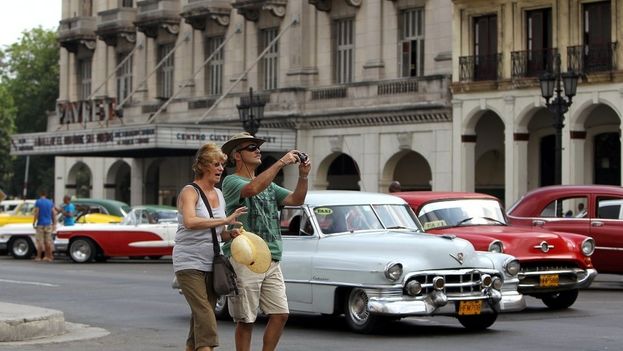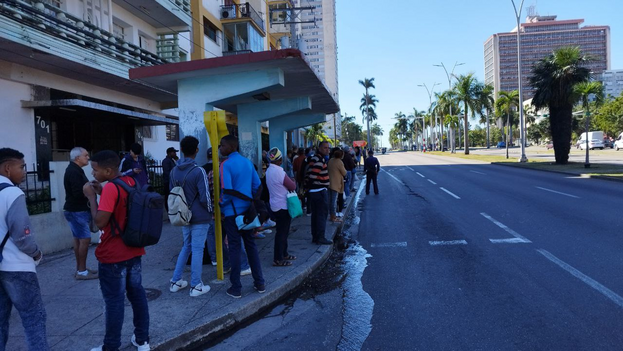
![]() 14ymedio, Natalia López Moya, Havana, 17 January 2023 — The looks of those that wait go from the mobile phone screen to the avenue. After a while, a bus stops at Porvenir Street, in Havana, although it hadn’t previously been seen on the mobile phone app ’MovilWeb Urbanos’. Between vehicles that disappear from the map and others that appear out of nowhere, the tool generates more distrust than certainty.
14ymedio, Natalia López Moya, Havana, 17 January 2023 — The looks of those that wait go from the mobile phone screen to the avenue. After a while, a bus stops at Porvenir Street, in Havana, although it hadn’t previously been seen on the mobile phone app ’MovilWeb Urbanos’. Between vehicles that disappear from the map and others that appear out of nowhere, the tool generates more distrust than certainty.
The beta version of MovilWeb Urbanos, exclusively for Android, threatens to become a failure, as did the Donde hay app, which attempted to inform clients of which products were in stock at the state-run stores. Instead of avoiding long walks and hours in line, that mobile app became a target for mockery and complaints, just as is happening now with its first cousin dedicated to public transportation.
“You see the application and there are no buses nearby, and suddenly one appears which hadn’t been there,” complained a user who unleashed his discontent in an article published by the official press Cubadebate where they recognized the precipitous fall from grace of MovilWeb Urbanos. It was that very outlet which, with much fanfare, announced the launch of that tool in October last year.
The app offered to provide real-time location information for buses on routes in Havana, but there is a big gap between what was announced and what has been achieved. Sixteen-year-old high school student Richard recalls the enthusiasm when he heard the news of that launch. “I thought it would save time and stress getting to school but in the end it failed me so often that I deleted the app from my mobile phone.”
“The problem is fundamental, because they assume that all buses have a GPS installed and that it is activated at all times,” questioned the adolescent. “But if you are following the bus route it’s possible that halfway through it disappears from the map and then you don’t know at what time it will arrive at the bus stop where you are,” he adds. A disaster which causes frustration and distrust among users. continue reading
Developed by GeoMIX, an agency of the Geocuba business group in collaboration with several entities of the Ministry of Transportation, the app doesn’t cover the routes of all Havana terminals and when you search for buses that travel high demand routes such as the P2 along Rancho Boyeros Avenue, a short message warns that “there is still no information.”
Of 135 bus routes included in the Beta version, including primary routes, feeder routes and complementary routes, only half offer information to monitor its vehicles. Some details which have changed since the launch of the tool, such as a change in the point of departure, have not been updated and in those cases the changes have not been reflected at all the bus stops.
The constant internet interruptions and areas of low data coverage which characterize the internet connection provided by the telecommunications monopoly, Etecsa, add another layer of insecurity to MovilWeb’s use. Congestion on the network, a cloudy day that slows down navigation or an area without 4G can all render the app inoperable.
But the human factor seems to be the cause of the biggest problems. According to Rafael Barrios Garriga, the Deputy Director for Development at the Provincial Transport Business of Havana (EPTH), in those areas, each dispatcher must manually enter the vehicle departure and arrival data for the app to update but “on occasion the person responsible for updates does not do it.”
“Add to this the drivers who irresponsibly disconnect the devices. MovilWeb also allows us to identify those who do that. With those drivers we conduct an analysis and we recently issued guidance to prevent this,” the official tells Cubadebate, though without referring to the reasons the drivers choose to turn off the buses’ geolocation.
“It is big business to use urban transport vehicles as if they were private, that is, drive a route they create, decide on the number of passengers to be transported and even the price they charge privately,” reported to 14ymedio an EPTH driver who a few months ago decided to leave his post “on the bus” and opted for a position “at the terminal, with more peace and less surveillance.”
“What Use is an App to Track Buses if There are No Buses?” adds a state employee. “That makes no sense and since they announced that that thing for mobile phones would begin working we knew it was not possible to maintain all of that information because, simply, we don’t even know when a car will be able to leave the terminal nor what day it will be in or out of service.”
In May of last year, the Governor of Havana, Reinaldo García Zapata acknowledged during a meeting that in Havana, only 30% of bus fleet was operable for public transportation, “which is why the situation is dire.” The problem has been exacerbated in the last several months and, although the data have not been updated, one only needs to visit the bus stops in Havana to sense the decline.
Along with its errors, MovilWeb Urbanos has reached a low point for mobility in the city. Faced with its constant blunders, many riders have learned to lower the credibility of the tool though they continue to use it. “I use it, but I accept the risk that the information is not real. I’ve seen it all: buses that appear as if they are going in one direction and it is the opposite, buses that appear as if they are on another bus’s route, etc.” complained another user.
On Tuesday, an old Giron bus painted with images of giraffes and lions — that at one time covered routes serving Cuba’s National Zoo — stopped at the corner of Boyeros and Calzada del Cerro. “Come on, we’ve reached Carlos III,” yelled the driver and a dozen older passengers headed toward the open door. The vehicle never showed up on the MovilWeb Urbanos app, where the wide avenue appeared completely empty on the map.
Translated by: Silvia Suárez
____________
COLLABORATE WITH OUR WORK: The 14ymedio team is committed to practicing serious journalism that reflects Cuba’s reality in all its depth. Thank you for joining us on this long journey. We invite you to continue supporting us by becoming a member of 14ymedio now. Together we can continue transforming journalism in Cuba.

